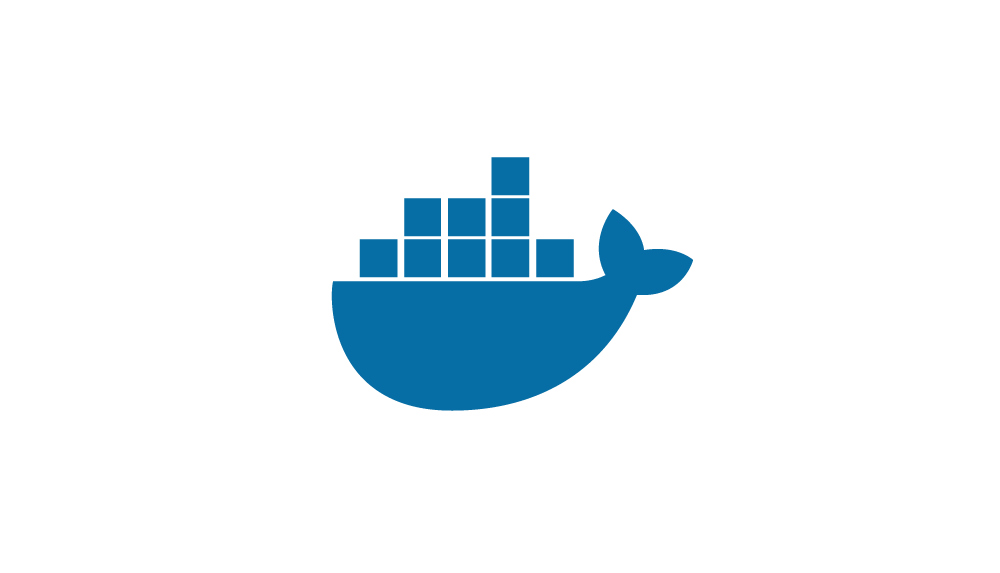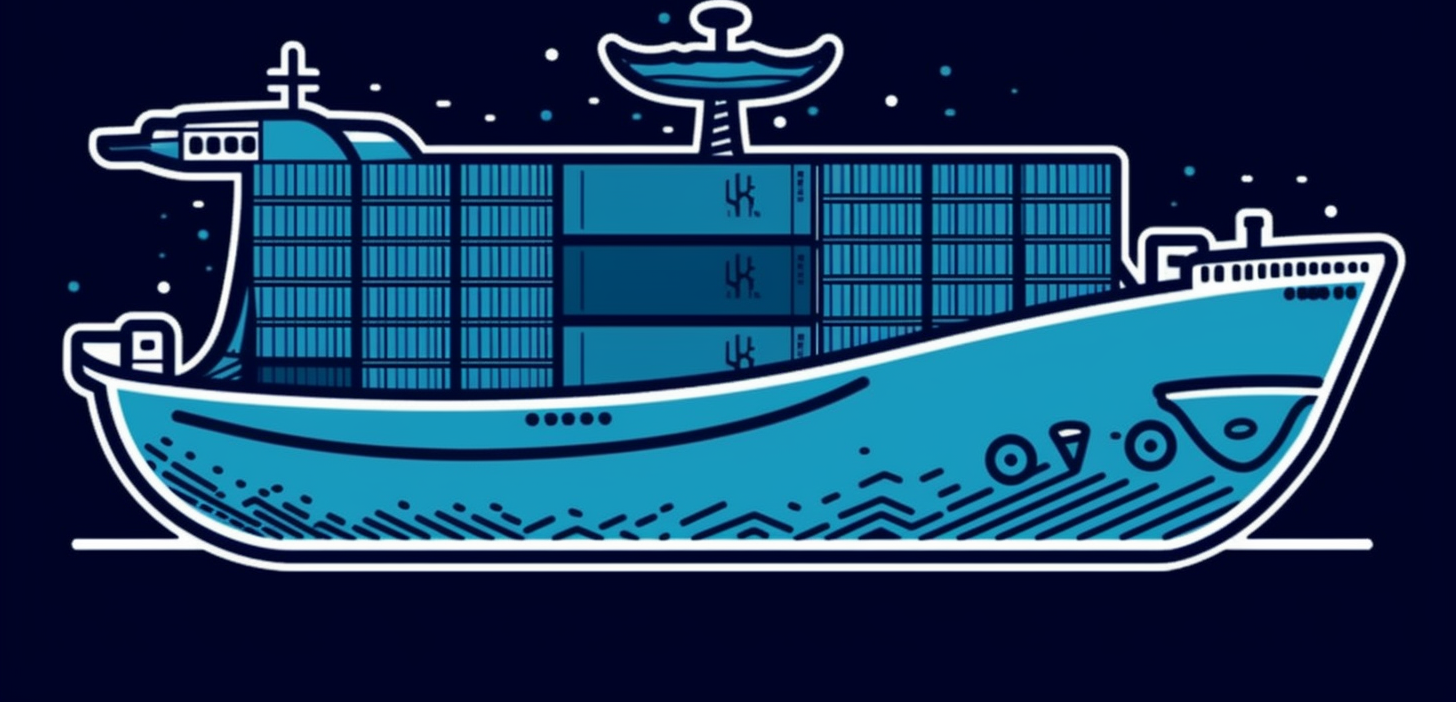Docker containers and virtualization
Docker is a popular open source tool that provides a portable and consistent runtime environment for software applications. Docker uses containers as isolated user-space environments that run at the operating system level, sharing the file system and system resources. One advantage is that containerization thus requires significantly fewer resources than a traditional server or virtual machine. Here you will find everything important for practical use and the most important questions about Docker simply explained.
The term "Docker" is used in many ways and can refer to both the open source community project and the tools that have emerged from the open source project or directly to the company Docker Inc. The fact that the technology and company are referred to by the same name can be confusing.
Here's a brief explanation of why:
"Docker" IT software is a container technology that enables the creation and use of Linux® containers. The open source Docker community works to improve these technologies for the benefit of users.
The Docker Inc. company builds on the work of the Docker community, provides greater security, and in turn shares these improvements with the entire Docker community. This improves technologies for enterprise customers. With Docker, you are able to treat containers as extremely lightweight, modular virtual machines. And with these containers, you have flexibility. You can create, deploy, copy, and move them between environments, optimizing your applications for the cloud.
What is Docker?
Docker is an open source platform that allows developers and system administrators to package and deploy applications in what are called containers. Containers are lightweight, portable and consistent units that contain all the necessary dependencies of an application. This greatly simplifies the deployment, scaling and maintenance of software applications.
Why Docker?
Why Docker?
Docker offers a number of advantages over traditional virtualization solutions:
- Lightweight: Docker containers share the host's operating system, which means they consume significantly fewer resources than traditional virtual machines (VMs).
- Rapid deployment: Docker containers can be started and stopped in seconds, significantly reducing development and deployment times.
- Consistency: Docker containers ensure a consistent environment for applications across different stages of development, testing, and deployment.
- Portability: Docker containers can be easily transferred between different environments and cloud providers without requiring any changes to the code.
- Scalability: Docker makes it easy to add or remove containers to quickly and cost-effectively adjust application performance and capacity.
- Modular architecture: Docker encourages the use of microservices, where applications are broken into smaller, independent components. This makes it easier to maintain and extend applications.
- Lightweight: Docker containers share the host's operating system, which means they consume significantly fewer resources than traditional virtual machines (VMs).
- Rapid deployment: Docker containers can be started and stopped in seconds, significantly reducing development and deployment times.
- Consistency: Docker containers ensure a consistent environment for applications across different stages of development, testing, and deployment.
- Portability: Docker containers can be easily transferred between different environments and cloud providers without requiring any changes to the code.
- Scalability: Docker makes it easy to add or remove containers to quickly and cost-effectively adjust application performance and capacity.
- Modular architecture: Docker encourages the use of microservices, where applications are broken into smaller, independent components. This makes it easier to maintain and extend applications.
Docker ecosystem
Docker ecosystem
The Docker ecosystem consists of several key components:
- Docker Engine: The central component of Docker responsible for creating, running, and managing containers.
- DockerImages: Templates that contain all the necessary dependencies of an application and serve as the basis for creating containers.
- Dockerfile: A text file that contains the instructions for creating a Docker image.
- Docker Hub: A cloud-based registry that provides a variety of public and private Docker images for sharing and distribution.
- Docker Compose: A tool for defining and managing multi-container applications using a single YAML file.
- Docker Swarm: A native orchestration platform for Docker that allows containers to be scaled and managed across multiple hosts.
- Docker Engine: The central component of Docker responsible for creating, running, and managing containers.
- DockerImages: Templates that contain all the necessary dependencies of an application and serve as the basis for creating containers.
- Dockerfile: A text file that contains the instructions for creating a Docker image.
- Docker Hub: A cloud-based registry that provides a variety of public and private Docker images for sharing and distribution.
- Docker Compose: A tool for defining and managing multi-container applications using a single YAML file.
- Docker Swarm: A native orchestration platform for Docker that allows containers to be scaled and managed across multiple hosts.
Docker in the development process
Docker in the development process
Docker can be used in different phases of the development process:
- Development: developers can use Docker containers to ensure a consistent and reproducible environment locally for developing and testing applications. This reduces the likelihood of environment dependencies and "it works on my machine" issues.
- Testing: Docker makes it possible to run automated tests in isolated environments without having to set up separate test environments.
- Staging: Docker containers can be used to deploy applications in a staging environment that resembles the production environment. This allows potential problems to be identified and fixed early, before the application goes live.
- Production: Docker containers ensure a consistent, secure, and scalable environment for running applications in the production environment.
- Development: developers can use Docker containers to ensure a consistent and reproducible environment locally for developing and testing applications. This reduces the likelihood of environment dependencies and "it works on my machine" issues.
- Testing: Docker makes it possible to run automated tests in isolated environments without having to set up separate test environments.
- Staging: Docker containers can be used to deploy applications in a staging environment that resembles the production environment. This allows potential problems to be identified and fixed early, before the application goes live.
- Production: Docker containers ensure a consistent, secure, and scalable environment for running applications in the production environment.
Docker and Microservices
Docker and Microservices
Docker plays an important role in implementing microservices architectures. Microservices are smaller, independent application components that collectively form a comprehensive application. Docker containers provide the perfect environment for implementing microservices because they are lightweight, portable, and provide isolation and independence for individual services.
Some benefits of using Docker for microservices include:
- Independent development and deployment: each microservice can be developed, tested and deployed independently without affecting the other services.
- Ease of scaling: Microservices can be scaled individually as needed without impacting the entire application.
- Faster time to market: Independent microservice development enables new features and enhancements to be brought to market faster.
- Increased stability: Because microservices are isolated, a failure of one service does not affect the entire application.
- Independent development and deployment: each microservice can be developed, tested and deployed independently without affecting the other services.
- Ease of scaling: Microservices can be scaled individually as needed without impacting the entire application.
- Faster time to market: Independent microservice development enables new features and enhancements to be brought to market faster.
- Increased stability: Because microservices are isolated, a failure of one service does not affect the entire application.
Docker deployment scenarios
Docker deployment scenarios
Docker can be used in a variety of use cases, including:
- Web applications: Docker enables web applications to be packaged and deployed in containers that are independent of the underlying infrastructure. This greatly simplifies the deployment and scaling of web applications.
- Databases: Docker can be used to run databases in containers, making it easier to manage, scale, and maintain databases.
- Continuous Integration and Continuous Deployment (CI/CD) : Docker can be integrated with CI/CD pipelines to provide consistent environments for testing and deploying applications.
- Big Data and Data Science: Docker can be used in Big Data and Data Science projects to perform complex data processing and analysis tasks in isolated and reproducible environments. This facilitates collaboration between data scientists and engineers and accelerates analytics results.
- Internet of Things (IoT): Docker can be used in IoT applications to deploy and manage applications and services across a variety of devices and platforms. This enables easier management and updating of IoT devices.
- Edge computing: In edge computing scenarios, Docker can help deploy applications and services closer to data sources to reduce latency and improve performance.
- Web applications: Docker enables web applications to be packaged and deployed in containers that are independent of the underlying infrastructure. This greatly simplifies the deployment and scaling of web applications.
- Databases: Docker can be used to run databases in containers, making it easier to manage, scale, and maintain databases.
- Continuous Integration and Continuous Deployment (CI/CD) : Docker can be integrated with CI/CD pipelines to provide consistent environments for testing and deploying applications.
- Big Data and Data Science: Docker can be used in Big Data and Data Science projects to perform complex data processing and analysis tasks in isolated and reproducible environments. This facilitates collaboration between data scientists and engineers and accelerates analytics results.
- Internet of Things (IoT): Docker can be used in IoT applications to deploy and manage applications and services across a variety of devices and platforms. This enables easier management and updating of IoT devices.
- Edge computing: In edge computing scenarios, Docker can help deploy applications and services closer to data sources to reduce latency and improve performance.
Docker offers a number of advantages over traditional virtualization solutions:
The Docker ecosystem consists of several key components:
Docker can be used in different phases of the development process:
Docker plays an important role in implementing microservices architectures. Microservices are smaller, independent application components that collectively form a comprehensive application. Docker containers provide the perfect environment for implementing microservices because they are lightweight, portable, and provide isolation and independence for individual services.
Some benefits of using Docker for microservices include:
Docker can be used in a variety of use cases, including:

Docker has revolutionized the way we develop, run and deploy software. By using containers, Docker provides a lightweight, consistent, and portable solution that improves application efficiency and scalability. With its versatile ecosystem and support for microservices architectures, Docker is a powerful technology that can be leveraged in a variety of deployment scenarios.
As a digital agency, consulting and services firm, we are committed to helping you successfully adopt and leverage Docker and other innovative technologies.
